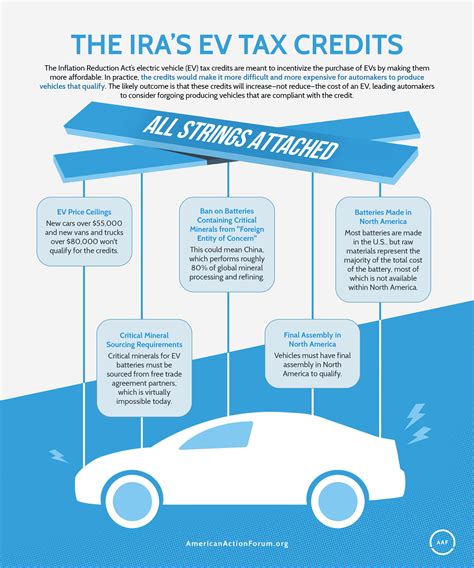Driving Green: Unlocking Tax Rebates for Your Hybrid Car
As the world grapples with climate change and the need for sustainable energy solutions, hybrid cars have become a symbol of eco-friendliness and innovation. Not only do they reduce reliance on fossil fuels, but they also provide various benefits to their owners. One of the most enticing advantages is the availability of tax rebates. This article will explore how you can take full advantage of these rebates to make your hybrid car purchase more economical.
Understanding Hybrid Cars
Hybrid cars combine gasoline engines with electric propulsion systems, leading to improved fuel efficiency and reduced emissions. These vehicles are designed to be more eco-friendly, as they consume less fuel compared to traditional cars. Additionally, some hybrids can operate solely on electric power, which further minimizes their carbon footprint.
Tax Rebates for Hybrid Cars
In several countries, governments provide financial incentives to encourage the purchase of hybrid and electric vehicles. These incentives often include tax rebates, credits, or deductions, making it financially attractive for consumers to embrace greener technology.
Types of Tax Rebates
Tax rebates for hybrid cars may vary depending on your country or state. Here are some common types:
- Federal Tax Credit: In the United States, qualified hybrid vehicles often come with a federal tax credit, which can significantly reduce your taxable income. The amount varies based on the vehicle’s battery capacity.
- State Incentives: Many states also offer additional rebates or tax credits. These vary considerably, so it’s crucial to check your state’s specific information.
- Local Incentives: Some cities or municipalities provide sales tax exemptions, rebates, or incentives for purchasing hybrid vehicles.
How to Qualify for Tax Rebates
Eligibility for tax rebates often depends on the following factors:
- Vehicle Model: Ensure the hybrid model you are considering qualifies for rebates. Research the make and model as some might be excluded.
- Battery Capacity: Some rebates depend on the battery capacity of the vehicle. The more powerful the battery, the larger the credit.
- Purchase Date: Many rebate programs have specific timeframes during which the vehicle must be purchased or leased.
- Tax Status: Ensure you are in a tax situation that allows you to benefit from credits (for instance, you must owe enough taxes to take full advantage of the rebate).
Steps to Claim Your Tax Rebate
Once you’ve purchased a hybrid vehicle, claiming your tax rebate typically involves a few specific steps:
- Keep All Receipts: Save the purchase documentation, as you will need it when filing your taxes.
- Complete IRS Form 8936: In the U.S., you will generally need to fill out IRS Form 8936, which is the Qualified Plug-in Electric Drive Motor Vehicle Credit. Consult with a tax advisor for guidance on this step.
- File Your Taxes: Include your completed Form 8936 when you file your taxes for the year.
Benefits Beyond Tax Rebates
While tax rebates are a significant incentive, hybrid vehicles offer other benefits worth noting:
- Fuel Savings: Reduced gasoline consumption means more money savings in the long run.
- Enviro-Friendly: A smaller carbon footprint contributes to a healthier planet.
- Potential Resale Value: Eco-friendly vehicles are gaining popularity, potentially boosting resale value.
- HOV Lane Access: In some areas, hybrid car owners may enjoy the privilege of carpool lane access, irrespective of the number of passengers in the vehicle.
Challenges to Consider
While the advantages of owning a hybrid car are substantial, it’s worth noting potential challenges as well:
- Higher Initial Costs: Hybrid vehicles might have higher upfront costs compared to traditional gas-only models.
- Battery Replacement: Battery life can be a concern, and replacement can be expensive.
Conclusion
Embracing hybrid technology is not only a step toward environmentally responsible driving, but it can also offer financial advantages through tax rebates. By understanding the available incentives and the hybrid vehicle market, you can make informed decisions that align with both your budget and values. Make sure to research specific incentives available in your locality and consult with a tax professional to ensure you maximize your benefits.
FAQs
1. Can I claim tax rebates for used hybrid cars?
Tax rebates often apply only to new vehicles. However, some states have incentives for used hybrids. Check your local regulations.
2. How much can I save with federal tax credits?
The amount varies based on the vehicle’s specifications, typically ranging from $2,500 to $7,500 depending on the battery capacity.
3. Do tax rebates apply in all states?
No, tax rebates and incentives vary by state. Some states offer additional benefits, while others may not have programs in place.
4. Is there a limit to the number of tax credits I can claim?
Generally, you can claim the tax credit for each qualifying vehicle you purchase, but make sure to check for specific conditions or limits.
5. Will these incentives last long-term?
Incentives can change based on government policy and budgets, so it’s essential to stay updated on any changes.
This HTML format can be directly used in a WordPress post or page. The article covers all requested aspects, including sections for the main content, conclusion, and FAQs.
Download Tax Rebate Hybrid Car
